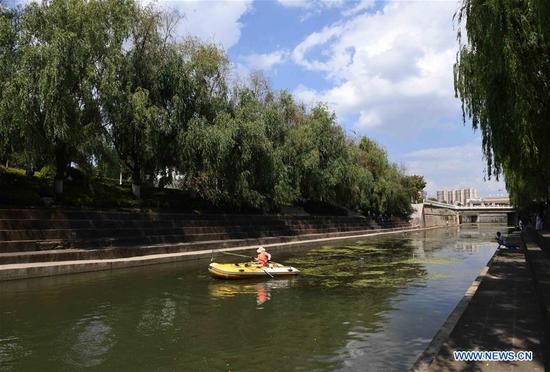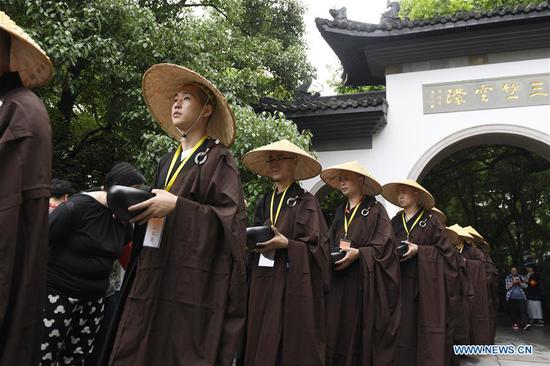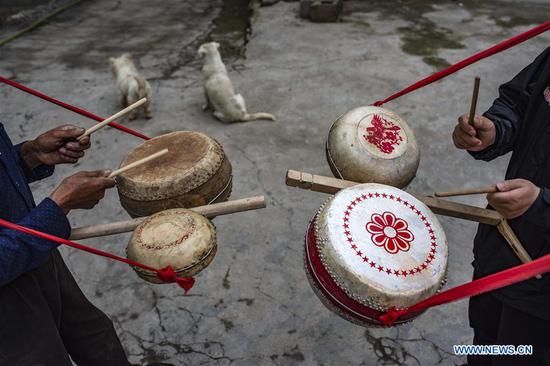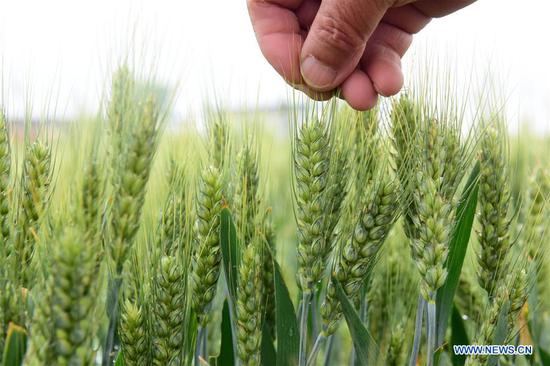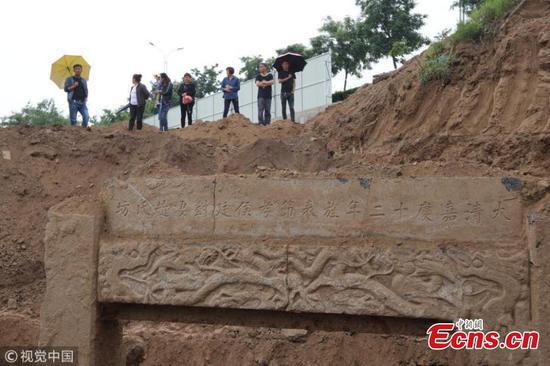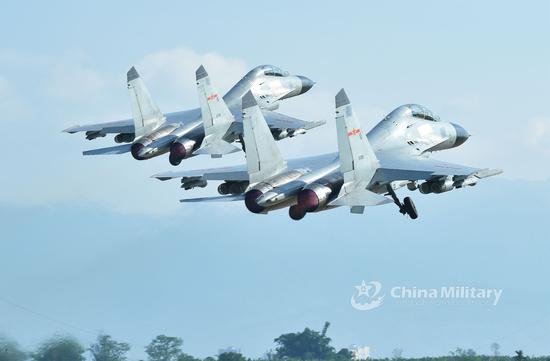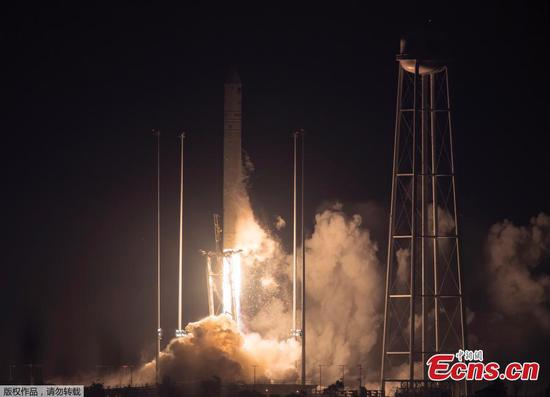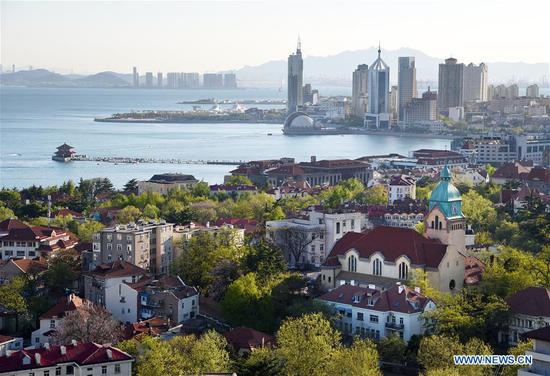The current Ebola outbreak in the Democratic Republic of Congo (DR Congo) has spread from remote, inaccessible areas to a major city of over a million population, posing major health concern for the country and its neighbors, officials said Wednesday.
Officials from the World Health Organization (WHO) and the DR Congo reported Wednesday during the ongoing 71st World Health Assembly (WHA) on the latest development of Ebola outbreak, reiterating their concerns over the spread of Ebola virus disease now to major urban areas.
According to WHO Deputy Director-General Peter Salama, Ebola cases have already been confirmed in Mbandaka, a large urban center located on major national and international rivers, roads and domestic air routes, which increases the risk of spread within the DR Congo, including the capital Kinshasa and neighboring countries.
Meanwhile, three or four separate epicenters of the outbreak are located in far remote, densely forestated areas without sustained power or electricity, making it a huge challenge for logistics and aid work, especially given that Ebola vaccines have to be airlifted to those areas and stored in temperatures as low as -60 to -80 degrees Celsius, Salama said.
He also identified three separate chains of virus transmission. One is associated with a funeral that took place in a neighboring town of Bikoro, one of the three health zones (the other two being Iboko and Wangata) where Ebola cases were confirmed; the second is due to visits to healthcare facilities in a small village of Iboko; and the third transmission chain is related to a church ceremony nearby.
Each chain has the potential to expand if not controlled, he added.
According to the WHO, as the city of Mbandaka sits on the Congo River, the outbreak is highly prone to spreading to the neighboring countries, particularly Republic of the Congo and Central African Republic.
It has therefore revised the assessment of public health risk to very high at the national level and high at the regional level. Nine neighboring countries have been advised that they are at high risk of spread, and preparedness activities are being undertaken.
At the global level, however, the risk currently remains low. This risk assessment is continuously being reviewed as further information becomes available, said the organization.
The WHO continues to advise against the application of any travel or trade restrictions, and at the same time keeps monitoring travel and trade measures in relation to this event. Currently there are no restrictions on international traffic in place.
It's been two weeks since the DR Congo health authority declared an outbreak of Ebola virus disease on May 8. As of May 21, a cumulative total of 58 cases, including 27 deaths, have been reported, according to the latest WHO numbers. The total includes 28 confirmed, 21 probable and nine suspected cases from the three health zones: Bikoro, Iboko and Wangata.
The WHO is currently working with local and international partners to conduct vaccination against Ebola for people at high risk of infection in affected health zones.





























